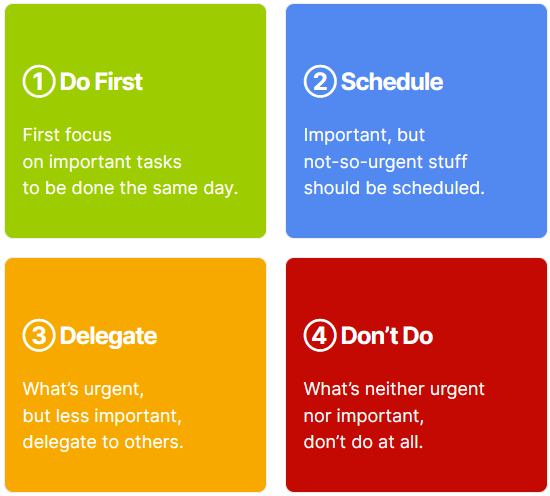Ben’s Bulletin Issue #7
I’m yet again reminded, this time by Bill Oppenheimer, that focus is critical. As I’m naturally curious, the new is always tempting. And that keeps building up the list of things I’m keen to explore and experiment with.
This is in stark contrast to what I should be doing instead. Focus on one thing and get really good at it. The only two things of that type on my list are: building my YouTube channel and my newsletter.
Everything else should be a contributor to those. This doesn’t preclude me from experimenting, but experiments should contribute to those two main goals.
Quote
I pursued a conscious strategy of managing my opportunities in a way that would make it easier for luck to find me.
"How to fail at almost everything and still win big" by Scott Adams
The Practice: Execution, Productivity & Doing
Doing takes time. And if time is not allowed for, then the doing won’t be done. I’m a strong proponent of time blocking in my calendar.
Here are my 4 simple rules that get the doing done.
If the task takes…
- less than 2 minutes, I’m doing it right away (from Getting Things Done by David Allen)
- less than 15 minutes, I’ll batch it with other similar tasks. I block out a 30-60 minute window in which I'll work my way through the batch. A lot of admin tasks fall into this category.
- longer than 15 minutes, but is repeatable, I block out time in the calendar with a recurring event, for example, exercising or writing. The type of exercise or writing doesn’t matter at this point. I’ll see from my exercise schedule or writing plan what’s next. More important is to book the time out in advance.
- longer than 15 minutes and is not repeatable, I create a dedicated time block in my calendar.
This works because:
- Get set. Go. To execute, I follow my calendar.
- Visibility. I see what's coming up and whether I have the capacity to get other things done.
- Context. I can batch similar tasks and get them done at the same time.
- Priorities. I set my priorities first, for example, booking out time with family. If you're not planning your priorities, someone else will be doing it for you.
The Theory: Strategy, Planning & Learning
Task hoarding is the result of an unstructured to-do list that is being fed new and not contextualised tasks. I'm losing my appetite for to-do lists fast when they're an unstructured mess.
Instead, I want to have the confidence that my to-do list shows me what I need to do next.
To make my to-do list work for me (and not the other way around), I categorise my tasks by importance and urgency.

From there, it’s easy to set up rules in your to-do list app that sort by important & urgent first, important second, urgent third and neither last.
Next time I look at my to-do list, I pick the top item. And start doing.